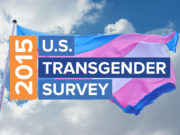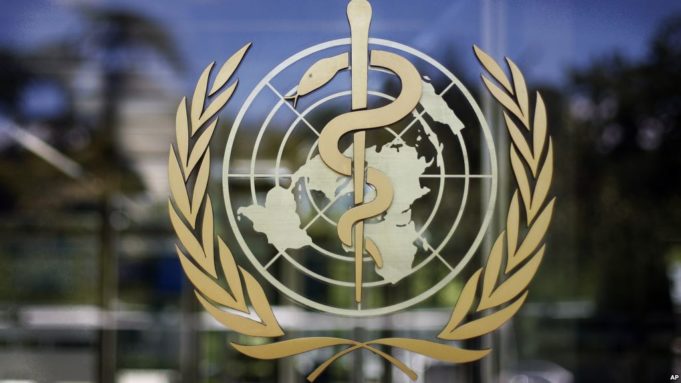The World Health Organization (WHO) appears set to remove transgender identity from its global list of mental disorders.
The change, which to date has been approved by every committee that has reviewed it, appears set for the 11th edition of the International Classification of Diseases (ICD-11). The revised volume is set to be released in 2018, which is 25 years since the last revision. The catalyst behind the move is a recently published study that determined the conceptualization of transgender identity as a mental disorder has contributed to precarious legal status, human rights violations, and barriers to appropriate health care among transgender people.
“The study determined there was no mental health issues associated with transgender identity other than those caused by societal pressures.”
The study, which was published on July 26th, actually took place between April 1, 2014, and Aug 17, 2014 at the Condesa Specialized Clinic in Mexico City. 250 transgender adults were enrolled. The study determined there was no mental health issues associated with transgender identity other than those caused by societal pressures. The new recommendation is to classify transgender as a sexual health condition, though this classification is also stirring debate. The recommendation is being spearheaded by the WHO’s Dr. Geoffrey Reed, who is also pushing to have the term “transexualism” removed entirely, having it replaced by “gender incongruence”. This change has also stirred some debate within the medical community.

Participants in the study reported awareness of their transgender identity at the average age of 5-6 years old. More than three-quarters of participants (76%) reported having experienced social rejection related to their gender identity, most commonly by family members (84% of those who had experienced social rejection), followed by schoolmates or coworkers ( 55%), and friends (28%).
“In the case of 50% of those who had experienced it, the violence was perpetrated by a family member.”
The most common forms of rejection reported were discrimination (32%) and verbal or physical aggression (17%). Most participants (63%) had been a victim of violence related to their gender identity. In the case of 50% of those who had experienced it, the violence was perpetrated by a family member. Psychological violence (95%) and physical violence (52%) were most common, but a substantial proportion (28%) reported having experienced sexual violence. No differences were noted in the frequency with which trans women and trans men reported having experienced social rejection.
Though the study concluded that transgender identity is not caused by a mental disorder, it found that transgender individuals who are living in disapproving social environments are at increased risk for psychological distress, psychiatric symptoms, social isolation, school dropout and loss of employment.
Another proposal is to reduce the current standard of two years of treatment before one can have gender confirmation surgery to 7 months. The two-year period (1 year of treatment and one year of real life experience) has been often seen as a form of “gatekeeping” by the transgender community. The new classifications could have a profound effect on the treatments provided to transgender individuals and the healthcare industry as a whole.
































